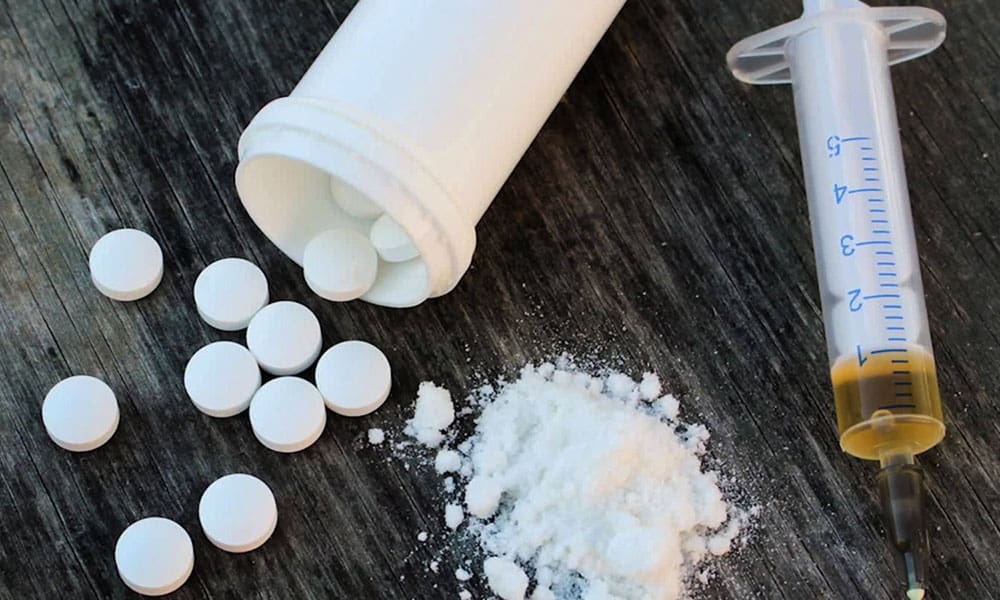Fentanyl
Fentanyl is a Schedule II drug that doctors can safely prescribe to relieve pain. Many people don’t realize how dangerous this substance is, particularly in terms of addiction. Fentanyl is 50 times stronger than heroin. Regular fentanyl users put themselves at risk of developing dependency. If the brain and body have become dependent on the substance, then abruptly stopping usage might induce unpleasant withdrawal symptoms.
Fentanyl Addiction Treatment
Although opioid addiction may have severe effects, there are effective evidence-based therapy options. Opioid addiction therapy often includes medical detox, rehabilitation, and the creation and implementation of an aftercare plan; however, the specifics of this process may vary widely depending on the individual. Most health insurance policies will pay for treatment for opioid use disorder (OUD), while the specifics of what is covered and to what extent might vary widely across policies. Feel free to contact Skyward Treatment Center for verification if your insurance can cover your opioid addiction treatment.
Fentanyl Medical Detox
Many persons who want to stop their habitual use of fentanyl or another opioid do so in a medically supervised detox program. Medical detox allows the administration of medications to reduce withdrawal symptoms and cravings under medical supervision, with the added benefit of the ability to address any issues that may arise. Here are some of the most often-seen fentanyl withdrawal symptoms:
• Severe cravings.
• Sleeplessness.
• Mood outbursts.
• Muscle pains.
• Anxiety.
• Diarrhea.
• Nausea and vomiting.
Inpatient and Outpatient Fentanyl Addiction Treatment.
Opioid use disorder therapy often requires more than just medical detox to ensure long-term sobriety. Opioid detox is frequently the first step in getting someone into official drug treatment, where they begin to address the underlying problems that led to their addiction. Medication and behavioral therapy are both important parts of treatment that help patients stay clean and lower their chance of relapsing and dying from an overdose.
Opioid addiction treatment often combines the following therapy options.
• Medication-assisted therapy (MAT).
• Group therapy.
• Individual counseling.
• Cognitive behavioral therapy (CBT).
• DBT.
• Motivational Interviewing.
An individualized approach to addiction treatment is essential when selecting a treatment program. Rehabilitation may be carried out in many different forms; the one most suitable for a certain patient will vary according to their specific requirements. During recovery, it is important to assess how well the therapy is working and make any necessary adjustments.
Many patients overcoming fentanyl addiction find continuing care, often known as aftercare, essential to their therapy. Many different types of aftercare programs are available, from living in a sober living home to attending a monthly support group meeting. Again, it’s important to surround yourself with supportive people after leaving a rehab facility.
Seek Help from Houston’s Best Facility.
According to Skyward Treatment Center’s experts, hope is the cornerstone of treatment. You have a far better chance of succeeding at detox and subsequent treatment if you approach the process with optimism and focus on why you want to get assistance for your addiction. Choosing a detox center that knows what it’s doing and can meet all your requirements is the first step to recovery after substance abuse. Our experts are dedicated to helping anyone get over their fentanyl addiction. Get in touch with Skyward Treatment Center right now to learn more about our services.


